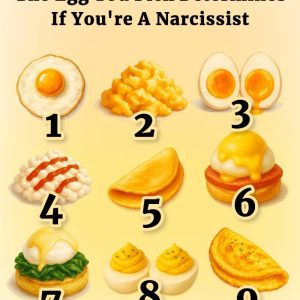
Imagine This: You’re scrolling through your feed when you stumble upon a strange sentence.
“A woman was born in 1975 and died in 1975. She was 22 years old.”
You stop dead in your tracks.
Doesn’t make sense, right? Confusing? Baffling? There’s obviously a trick hidden in there somewhere… but where exactly?
Hang on tight — this riddle plays with our logic, our habits, and calls for a bit of imagination.
What if the key was to stop thinking the way we usually do?

A Riddle That Messes With Your Mind
This one, in particular, has been floating around the internet for years, leaving people scratching their heads wherever it appears. And for good reason: things aren’t always what they seem.
The original sentence feels totally illogical: a woman born and dead in 1975, yet she’s 22 years old?
Unless she’s a time traveler (which wouldn’t even help), that’s impossible.
So naturally, we try to explain it. Maybe it’s a typo? A different calendar system?
We overcomplicate it — when the answer is actually much simpler than we think.

The Trap Everyone Falls Into
This kind of riddle uses a classic trick: it takes advantage of how our brains automatically think.
The moment we see “1975,” we instantly assume it’s a year. That’s normal — we’re wired to associate that kind of number with a date.
And that’s exactly where we get fooled!
Because in truth, there’s nothing in the sentence that confirms “1975” is a year. That’s just our interpretation — and the entire puzzle hinges on it.

So, What’s the Answer?
The woman was indeed born and died in 1975… but not in the year 1975.
She was born in hospital room number 1975 (or a similar numbered room) — and she died in that same room 1975, at the age of 22.
Yep, it’s really that simple — and that clever.
This riddle works entirely because of the ambiguity of a number. And it perfectly illustrates how easily we fall into thinking patterns, interpreting everything through our usual mental filters.
It’s a great example of what’s called lateral thinking.
Ready for the Next Brain Teaser?
Bet you’re itching to test this riddle on your friends now, right?
It’s a fun way to see who thinks outside the box… and who falls for the trap.



